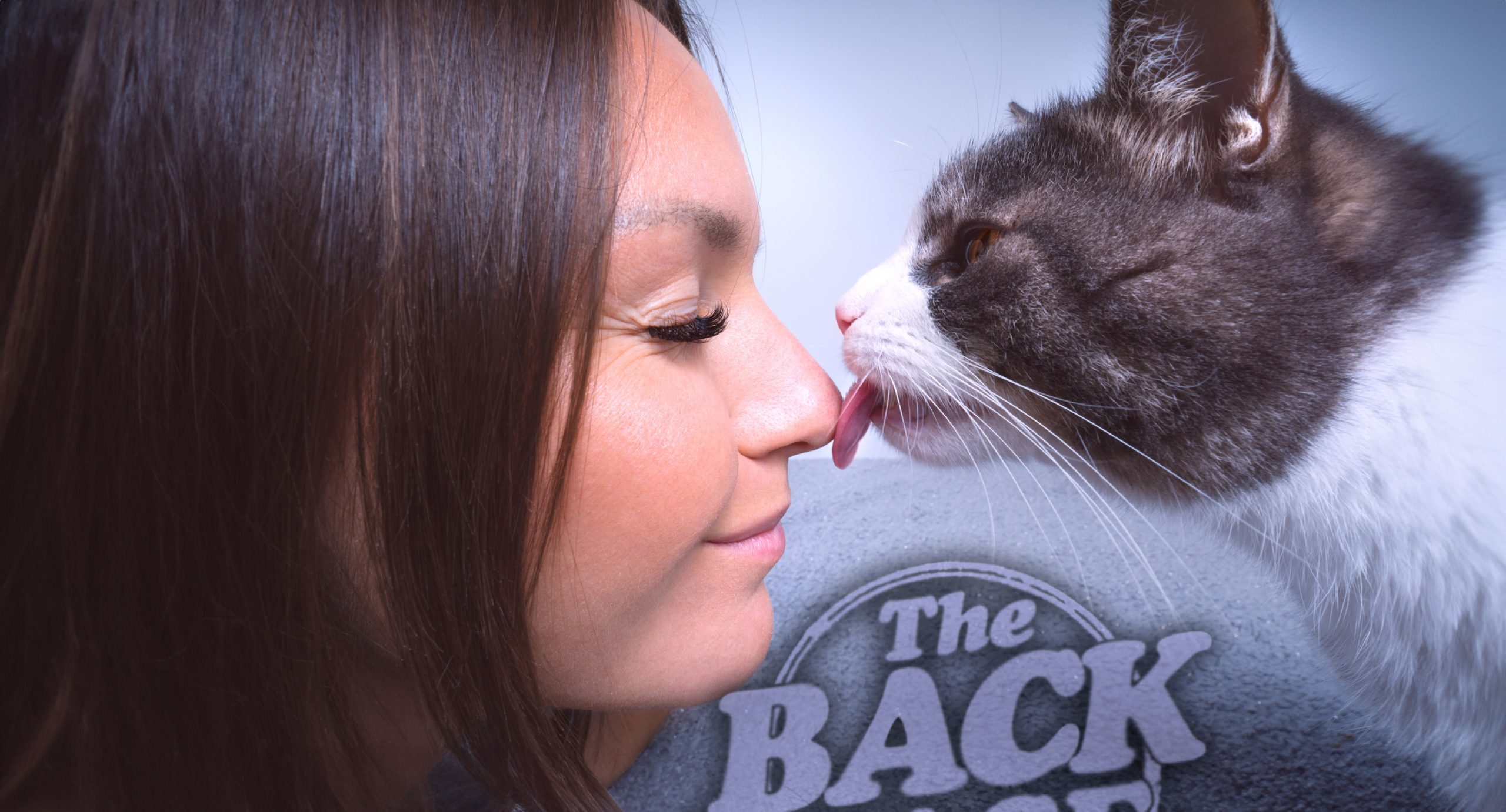Your pets may be impossible to resist. Shame about the superbugs.
It will come as no surprise to regular readers of the Back Page to learn the toilers at The Medical Republic deeply love their fur babies.
So it is with some trepidation that, as one of the few staffers not currently parenting beasties from another species, we bring unwelcome news of a disturbing health threat posed to humans by our co-habitation with pet cats and dogs.
According to research by UK and Portuguese boffins, to be presented at a clinical microbiology and infectious diseases conference in Spain later this month, our feline and canine companions could be playing a significant role in hastening the spread of antibiotic-resistant bacteria.
Their paper, titled Paws and Pathogens: co-carriage of ESBL-producing enterobacterales strains between companion animals and owners, suggests domestics pets are acting as “reservoirs of resistance” and finds evidence of multidrug-resistant bacteria being passed between sick cats and dogs and their healthy owners.
The study involved testing the faeces, urine and skin of five cats, 60 dogs and 134 humans across 65 households, for enterobacterales – a family of bacteria which includes E. coli and Klebsiella pneumoniae and is oftenresistant to common antibiotics.
All the humans taking part in the study were healthy while all the pets had skin and soft tissue infections or urinary tract infections.
The testing uncovered multiple different types of resistant bacteria in animals and their carers, and while the researchers concede they cannot prove the direction of transmission, they say the timing of the positive tests strongly suggested the bugs were being passed from pet to human.
“Recent research indicates that the transmission of antimicrobial resistance bacteria between humans and animals, including pets, is crucial in maintaining resistance levels, challenging the traditional belief that humans are the main carriers of AMR bacteria in the community,” lead researcher Juliana Menezes told media.
“Understanding and addressing the transmission of AMR bacteria from pets to humans is essential for effectively combating antimicrobial resistance in both human and animal populations.”
To help minimise the risk of contracting a superbug from Fido or Felix the boffins recommended extra emphasis on practising good hygiene, such as washing hands after petting animals and after handling their waste.
They also suggested that if a pet was unwell, “consider isolating them in one room to prevent the spread of bacteria throughout the house and clean the other rooms thoroughly”.
Seems perfectly reasonable advice, unless of course you’ve ever actually tried to isolate a sick cat or dog in the laundry for any decent space of time.
Send story tips and pics of good boys and girls to penny@medicalrepublic.com.au.


